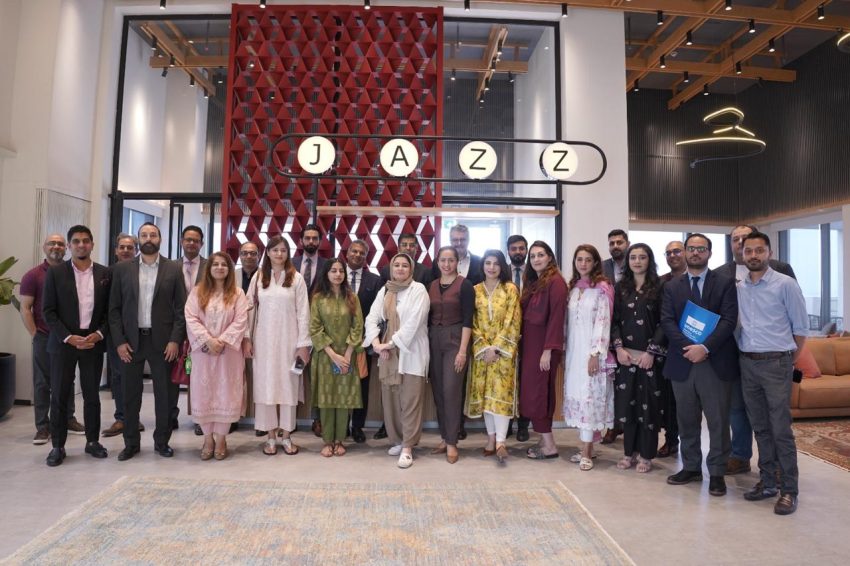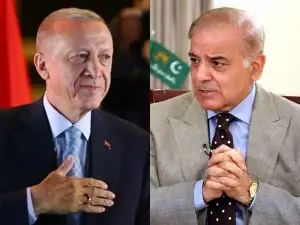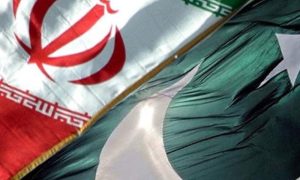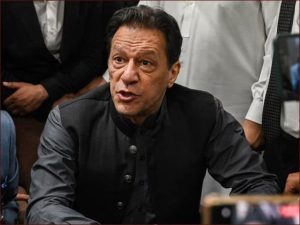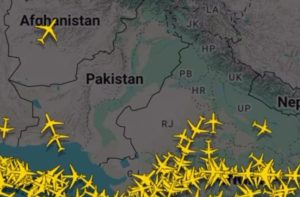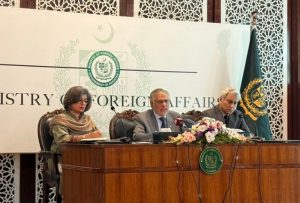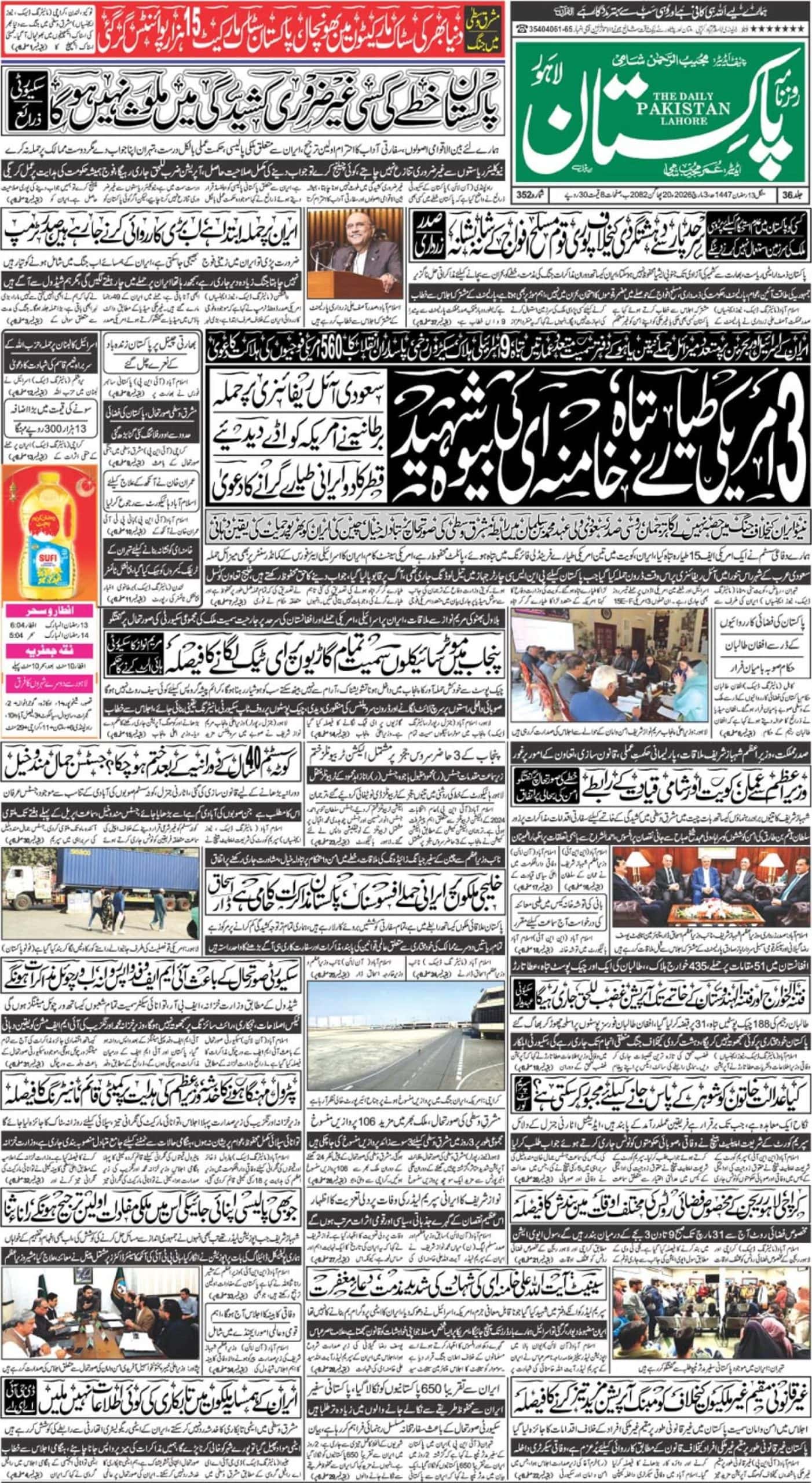ISLAMABAD – UNESCO, in collaboration with Jazz, hosted a multi-stakeholder dialogue titled “AI for Humanity: Ethical and Inclusive AI in Pakistan”, bringing together key actors from the private, public sector, civil society, academia, and media to discuss AI Innovation Ecosystem from Pakistan’s draft National Artificial Intelligence (AI) Policy perspective.
The dialogue is part of a broader series of technical engagements facilitated by UNESCO to unpack the six strategic pillars of the draft policy and ensure an inclusive, rights-based approach to AI governance in Pakistan.
In her welcome remarks, Ms. Fatima Akhtar, VP Corporate Communications & ESG, Jazz, stated, “The future of AI in Pakistan must be shaped by a broad coalition of voices—where innovation is balanced with inclusion, and growth goes hand-in-hand with governance. At Jazz, we believe responsible AI development starts with ethical foundations, and we’re proud to support platforms like this that ensure no one is left behind in our digital evolution.”
Dr. Aneel Salman, a policy and governance expert, provided critical context around Pakistan’s policy landscape, emphasising the urgency of embedding ethical frameworks within national strategies. He mentioned that “AI will not transform Pakistan until Pakistanis are ready to shape it. We are sitting on a demographic goldmine. But without AI skills, it’s just potential. This pillar is how we turn more than 224 million people into a million digital assets.”
In his remarks, Mr. Hamza Khan Swati, National Professional Officer, Communication and Information Sector, UNESCO Pakistan, highlighted the relevance of UNESCO’s global normative work, including the Recommendation on the Ethics of AI and the Readiness Assessment Methodology for AI, which emphasises transparency, human rights, and international cooperation.
The discussion centred on institutional preparedness, digital infrastructure, and the necessity of capacity-building to ensure the safe and ethical deployment of AI. It also drew on the global best practices such as UNESCO’s capacity-building Programme on AI and the Rule of Law, and the AI Competency Framework piloted under the UN Broadband Commission.
The event concluded with key policy insights that will inform the ongoing consultations on Pakistan’s National AI Policy and foster collaboration among stakeholders to uphold human dignity and ethical standards in the digital era.

